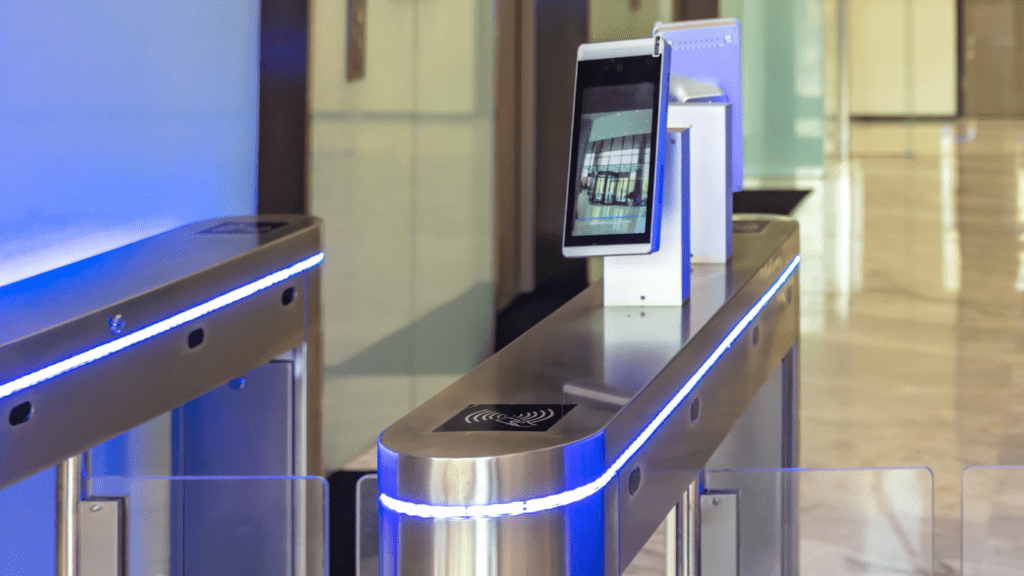Overview of Cloud Gaming Technology
Cloud gaming technology revolutionizes the way players access and experience online games.
It leverages cloud servers to stream games directly to users’ devices, eliminating the need for powerful local hardware.
What Is Cloud Gaming?
Cloud gaming, also known as game streaming, streams video games from remote servers.
Players use compatible devices like:
- smartphones
- tablets
- low-end PCs
to access high-quality games that run on powerful cloud servers. This process requires a stable, high-speed internet connection for optimal performance.
Prominent cloud gaming services include NVIDIA GeForce Now, Google Stadia, and Xbox Cloud Gaming.
The Evolution of Cloud Gaming
Cloud gaming has evolved significantly since its inception. Initially, latency and bandwidth limitations hampered performance and user experience.
Advances in cloud infrastructure, internet speeds, and data compression have addressed these issues. Early services like OnLive (launched in 2010) paved the way, but newer platforms like:
- PlayStation Now
- Vortex
now lead in technology and user base. Key milestones include the integration of cloud gaming into major gaming ecosystems and advancements in edge computing, which reduce latency and enhance gameplay.
Impact of Cloud Gaming on Online Gambling

Benefits for Online Casinos
Cloud gaming’s integration into online gambling offers significant advantages for casinos. It reduces the need for substantial investment in gaming infrastructure by utilizing cloud servers.
Casinos can offer a wide variety of games without frequent hardware upgrades. This flexibility ensures that casinos stay competitive by easily adding and updating games.
Additionally, cloud gaming provides scalability, allowing casinos to handle increased traffic during peak times without performance issues.
Prominent cloud gaming services, like Google Stadia and NVIDIA GeForce Now, support these capabilities efficiently.
Operational costs decrease due to minimized maintenance and energy expenses, benefiting casinos financially.
Player Experience Enhancement
Cloud gaming enhances player experiences by providing seamless access to games across multiple devices. Players don’t need high-end hardware, as games stream directly from the cloud.
This accessibility increases player engagement and satisfaction. Advanced graphics and low latency, achieved with edge computing, ensure smooth gameplay. C
loud gaming platforms like PlayStation Now and Xbox Cloud Gaming offer a rich gaming environment with minimal load times.
Players enjoy uninterrupted gaming sessions with enhanced graphics and real-time updates.
Furthermore, cloud gaming supports cross-platform play, allowing players to switch devices without losing progress, creating a unified gaming experience.
Key Features of Cloud Gaming Platforms
Cloud gaming platforms bring transformative features to the world of online gambling. Here’s a deep dive into the critical aspects.
Game Accessibility and Convenience
Cloud gaming platforms enable unparalleled access to a diverse range of games. Users engage with high-quality graphics and smooth gameplay without needing high-end hardware or specific gaming devices.
Gamers enjoy titles on smartphones, tablets, and lower-end PCs, ensuring a broad, inclusive gaming audience. This accessibility fosters a seamless and convenient gaming experience from anywhere, any time.
Integration with Existing Gambling Infrastructure
Seamless integration with current gambling systems underscores the importance of cloud-based platforms. They allow online casinos to incorporate advanced games into their offerings without costly hardware upgrades.
These platforms support backend API connections, ensuring smooth integration with payment gateways and user databases.
This enhances operational ease while maintaining robust security protocols, ensuring a consistent and reliable gambling environment.
Cloud gaming’s scalable nature ensures that online casinos efficiently manage traffic spikes, alleviating strain on resources during peak usage times.
This adaptability, paired with reduced operational costs, underscores why cloud gaming is reshaping the future of online gambling.
Challenges Facing Cloud Gaming in Gambling
Cloud gaming brings innovation to online gambling, but it faces several challenges.
Regulatory and Security Concerns
Cloud gaming in gambling operates under strict regulations. Different jurisdictions have unique legal requirements, complicating compliance. Operators must adhere to these regulations to avoid penalties.
Security is another major concern. Protecting user data and financial transactions from cyber threats is crucial. Operators need robust cybersecurity measures to prevent breaches.
For example, encryption of data in transit and at rest helps secure sensitive information. Regular security audits and vulnerability assessments further enhance protection.
Technological Barriers
Technological barriers also impact cloud gaming in gambling.
- High-speed internet access is essential for a smooth gaming experience. However, not all regions have reliable internet infrastructure. This limits the reach of cloud gaming services.
- Latency is another challenge. Reducing latency involves optimizing server locations and using advanced networking protocols.
- Slow response times can ruin the user experience, making games unplayable.
- High-performance servers increases operational costs. Adapting to these technological demands requires significant investment and maintenance.
- Cloud gaming’s future in online gambling appears bright but overcoming these challenges is critical.


